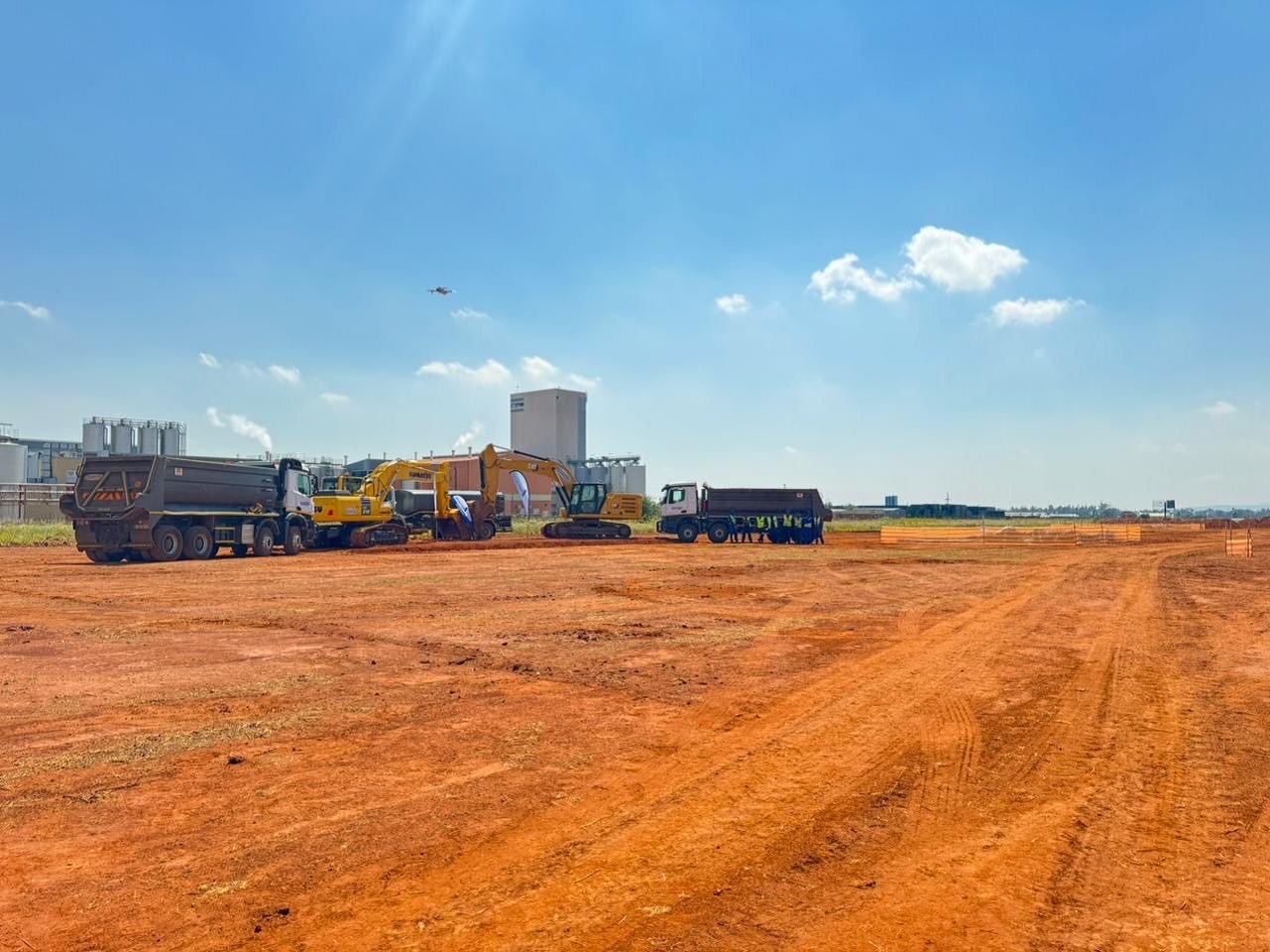-
A graphic depicting insurance
South African Reserve Bank (SARB) Governor Lesetja Kganyago has emphasised that the insurance industry must seek to strengthen societal resilience amid growing environmental and technological insurance related risks.
Delegates at the International Association of Insurance Supervisors (IAIS) Annual Conference in Cape Town heard that cyber security and climate change pose new risks for the insurance industry.
The IAIS’s annual conference was jointly hosted by the Financial Sector Conduct Authority and the Reserve Bank’s Prudential Authority.
Kganyago has commended the local insurance industry for its agility in meeting people needs during the COVID crisis.
He also praised the sector for ensuring that it had sufficient capital reserves to meet the unexpected challenge at the time.
Kganyago also pointed out the insurers were able to effectively deal with the damage caused by the 2022 KZN floods as they had purchased insurance from global insurance providers.
“COVID was a particular challenge for life insurance for the obvious reason that it triggered an abrupt increase in mortality. What we saw in South Africa was resilience from firms that have accumulated large capital buffers over many years and which expanded their reserves as they saw the scale of the shock — it was a good example of why you want to have a fortress balance sheet.”
Kganyago says a new challenge for the industry is to deal with insurance protection gaps, which often deem some risks uninsurable.
Insurers reluctance to cover load shedding-related damages serves as an example of such insurance protection gaps.
“The electricity shortages in South Africa reached near unsustainable levels during 2023. It had eased more recently. Unfortunately, the insurance angle on this is less of a success story and more of a cautionary tale. This is because, as insurers considered the scale of business disruption and as they contemplated the possibility of a full grid collapse, it became clear that this was an unmitigated risk; it also meant there was no re-insurance coverage. You won’t be surprised that specific policy wording / language had to be modified and soon insurers started sending notices that existing policies did not cover electricity failures and couldn’t compensate for grid collapse. In other words, there was a protection gap opening up, where a risk was becoming uninsurable.”
The global insurance industry is committed to its new Insurance Capital Standard — which it says is set to be adopted this month.
The standard serves as a global supervision mechanism for the insurance industry globally.











